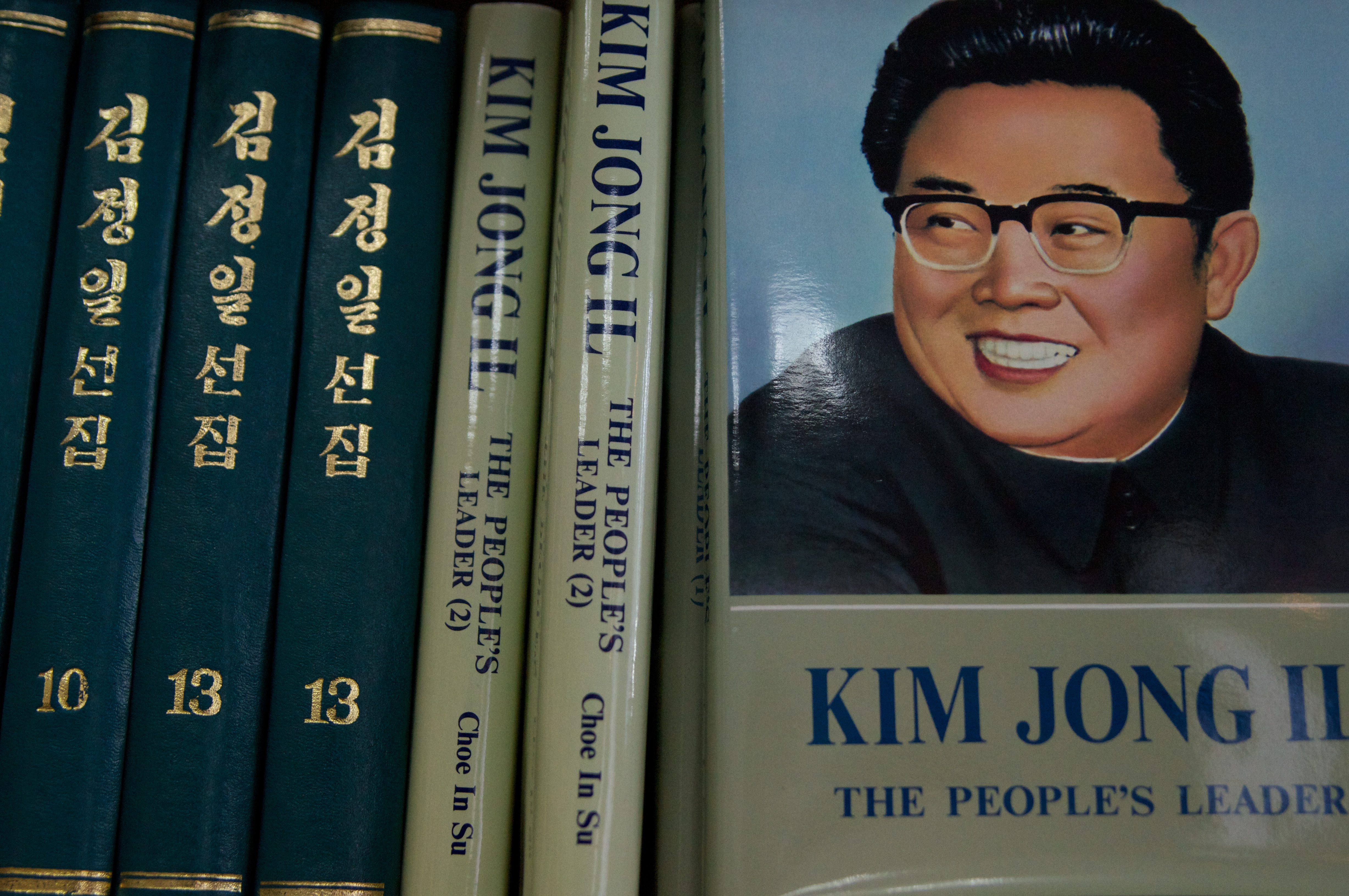
According to the United Nations (UN), the 31st of October 2011 is the day the world’s population officially reaches seven billion. However, it is not possible to absolutely calculate at which point in time the seven billionth person will be born. The US Census Bureau does not estimate the population reaching seven billion until February 2012, so the 31st of October is more symbolic. However, sometime in the very near future the world’s population will reach this milestone.





